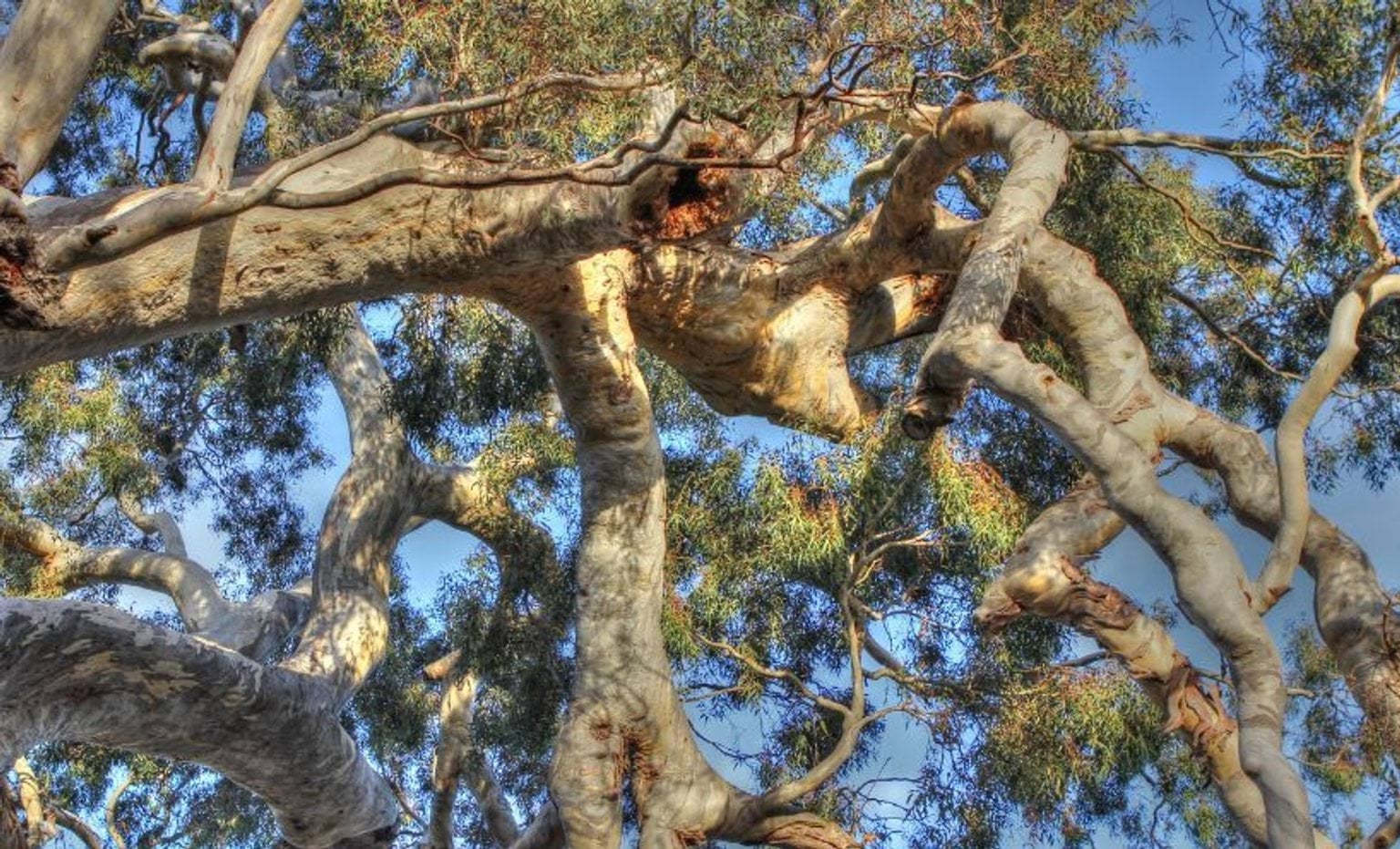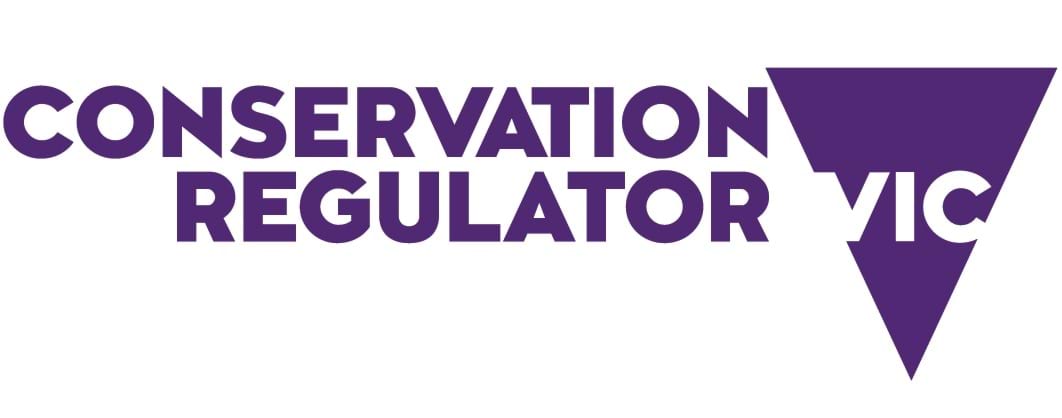- Published:
- Tuesday 27 September 2022 at 9:00 am

Less than 50% of Victoria’s original native vegetation - trees, shrubs and grasses - remains and it plays an important role for our ecosystems, including vital habitat for native wildlife.
Several illegal native vegetation clearing cases have led to convictions and financial penalties this year:
- Two men were convicted and fined $25,000 each for the destruction of more than 8 hectares of wildlife habitat on public land near Mildura, after a Conservation Regulator investigation.
- A farmer was convicted and ordered to pay nearly $60,000 for cutting down dozens of mature Eucalyptus trees in the Annya State Forest, near Heywood, after a Conservation Regulator investigation.
- A Peterborough property owner was ordered to revegetate and maintain (12.5 ha) ten times the amount of native vegetation cleared on his private property at his own expense and pay Moyne Shire Council $20,000 in costs after illegally clearing native vegetation on his property.
Native plants can be challenging to identify so landowners should get advice from their local council or the Department of Environment, Land, Water and Planning (DELWP). Unless a valid exemption applies, a permit is required in Victoria to remove, destroy or lop any native vegetation, including paddock trees, grasslands, wetlands, riparian areas and any native plants in state forests, national parks and reserves. This includes trees along fence lines between private and public land.
Removal of native vegetation affecting mature trees and/or their limbs also has potential to harm Aboriginal scar trees. These activities may trigger requirements under the Aboriginal Heritage Act 2006 before any works can be undertaken, so it is important to understand your obligations to ensure compliance.
In Victoria, all Aboriginal places, objects and Ancestral remains are protected. It is against the law to disturb or destroy an Aboriginal place without the appropriate authorisation. If you think you have found Aboriginal cultural heritage or to discuss your proposed works, contact your relevant Registered Aboriginal Party (if one has been appointed) or First Peoples-State Relations on 1800 762 003.
To avoid a penalty, apply for a permit to remove native plants or report suspected illegal removal. Contact local council regarding issues on private property or DELWP for public land issues on 136 186.
To learn more, visit: https://www.environment.vic.gov.au/native-vegetation/native-vegetation-values.
Biodiversity Month is a great reminder for us all to prioritise native vegetation conservation so we can protect important wildlife habitat and our unique flora. It is up to landowners to understand the rules around clearing vegetation on private land, and if in doubt you should check with your local government.
Native vegetation on private land supports up to 30% of Victoria’s threatened species. Many species are reliant on habitat on private land for their ongoing survival. Maintaining and increasing the amount of native vegetation and habitat on private land is important to enable our natural environment to adapt to climate change.
Updated
